Navigating the landscape of mental health can be overwhelming, especially if you or someone you care about has experienced trauma. Understanding the principles and practices of trauma-informed care can be transformative in promoting healing and well-being. This guide delves into what trauma-informed care is, its core principles, and its applications, arming you with the knowledge to seek the best care possible.
Understanding Trauma
Trauma results from an event, series of events, or set of circumstances that physically or emotionally harm an individual. It can lead to lasting adverse effects on an individual’s mental, physical, social, emotional, or spiritual well-being. Trauma is pervasive, with approximately 61% of men and 51% of women reporting at least one traumatic event in their lifetime (source).
The Definition of Trauma-Informed Care
Trauma-Informed Care (TIC) is an approach that recognizes the prevalence and impact of trauma and integrates knowledge about trauma into policies, procedures, and practices. The goal is to create a healing environment where patients feel safe and are not re-traumatized.
Key Principles of Trauma-Informed Care
- Safety: Physical and emotional safety is paramount. Creating a secure environment helps individuals feel protected and supported.
- Trustworthiness and Transparency: Building trust through transparency ensures that services are delivered consistently and that goals and expectations are clear.
- Peer Support: Utilizing shared experiences fosters trust, reduces feelings of isolation, and promotes healing.
- Collaboration and Mutuality: Partnerships between providers and patients level the playing field. Both parties work together towards common goals.
- Empowerment, Voice, and Choice: Recognizing strengths and giving patients agency over their treatment choices promotes empowerment and resilience.
- Cultural, Historical, and Gender Issues: Conducting services with awareness of and responsiveness to cultural contexts, and overcoming biases, ensures more personalized and effective care.
Applications of Trauma-Informed Care
TIC can be applied across various sectors including healthcare, education, social services, and criminal justice. Here’s how it manifests in a mental health setting:
- Assessment and Treatment Planning: Initial assessments in a TIC framework involve understanding the trauma history and its impact on the individual’s current situation. Treatment plans are tailored to address trauma-specific needs.
- Environment and Culture: A trauma-informed environment conveys a sense of safety through welcoming spaces and respectful interactions. Policies and procedures are designed to prevent re-traumatization.
- Staff Training: All staff members, from clinicians to administrative personnel, receive comprehensive training on trauma, its effects, and the principles of trauma-informed care.
- Self-Care for Providers: Recognizing the impact of working with trauma survivors, TIC emphasizes the importance of self-care for providers to prevent burnout and secondary traumatic stress.
The Benefits of Trauma-Informed Care
By considering the whole person and their experiences, TIC offers several benefits:
- Reduced Retraumatization: Patients are less likely to experience further trauma within a safe and supportive environment.
- Improved Patient Engagement: Patients feel respected and understood, leading to a greater willingness to participate in their treatment.
- Better Outcomes: Addressing the underlying trauma can lead to more effective and lasting improvements in mental health and overall well-being.
Resilience Behavioral Health’s Trauma Informed Care in Atlanta
At Resilience Behavioral Health in Atlanta, we are committed to providing trauma-informed care tailored to your specific needs. Here’s how our program embodies the principles of TIC:
- Creating a Safe Space: Our facilities are designed to be welcoming and secure, ensuring you feel physically and emotionally safe from the moment you walk in.
- Transparent Communication: We believe in open and honest communication. You’ll always know what to expect from your treatment and have a clear understanding of your care plan.
- Peer Support Networks: We encourage peer support through group therapies and community-building activities, allowing you to connect with others who understand your experiences.
- Collaborative Approach: Your voice matters. Our treatment plans are developed collaboratively, ensuring your needs and preferences guide your journey to recovery.
- Empowerment: We focus on your strengths and empower you to take charge of your healing process, providing the tools and resources you need to thrive.
- Cultural Sensitivity: Our care practices are culturally informed and inclusive, recognizing and respecting the diverse backgrounds of our patients.
Trauma-Informed Practices We Employ
- Individual Therapy: One-on-one sessions that integrate trauma-informed techniques to help you process past experiences and develop coping strategies.
- Group Therapy: Facilitated group sessions where you can share experiences and learn from others in a safe and supportive setting.
- Family Therapy: Engaging family members in the healing process, ensuring they understand trauma and can support your recovery journey.
- Holistic Approaches: Complementary therapies such as yoga, meditation, and art therapy that support mind-body healing and reduce stress.
Get Compassionate Trauma Informed Care in Atlanta Through RBH’s Premium Mental Health Programs
Your healing journey is personal and unique. At Resilience Behavioral Health, you’ll find a team dedicated to providing trauma-informed care that understands and respects your experiences and needs. If you’re in the Atlanta area and looking for a compassionate, safe environment to begin or continue your journey towards wellness, we invite you to connect with us.
Ready to take the next step towards healing? Contact us today to schedule a consultation and learn more about our trauma-informed mental health treatment programs. Together, we can foster resilience and pave the way to a brighter, healthier future. Reach out to Resilience Behavioral Health now and start your journey to recovery with a team that truly cares.



